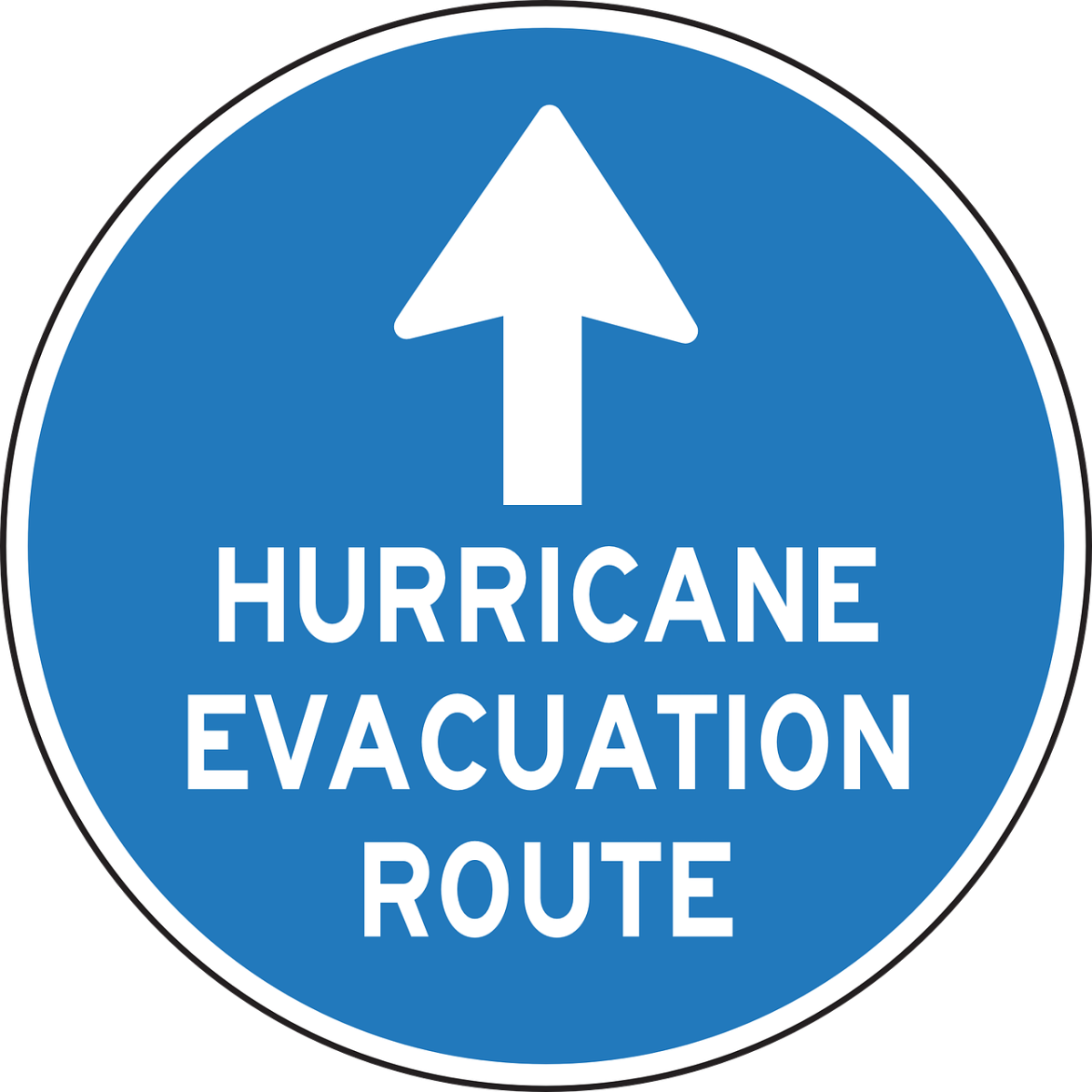Hurricane Florence caused destruction to the entirety of the North Carolina coastline this past week. Houses were destroyed due to mass flooding and there were large numbers of power outages and peoples’ lives were lost.
When Florence made landfall on Friday, storm winds reached up to 85 miles per hour, according to CNN.
Although New Jersey was not in the direct path of the hurricane, we still received large amounts of rainfall.
Dr. Rouzbeh Nazari, an associate professor of civil & environmental engineering in the Henry M. Rowan College of Engineering and director of the Rowan Coastal Resiliency Lab, anticipates that on top of Hurricane Florence, Hurricane Helene should not be too devastating, but Hurricane Isaac on its heels may also be dramatic.
“Florence – I’m really worried about this one,” Nazari said. “This is probably one of the worst-case scenarios we have ever anticipated from Cape Cod to Florida, mostly coastal flooding.”
Nazari has dedicated a part of his career to coastal resiliency and flood risk management. He is currently working with the New Jersey Department of Community Affairs on resiliency planning, including developing comprehensive maps of the Garden State for impact predictions and high-risk areas.
In the article, “Fear near Cape Fear rises with the river, and the death toll from Florence keeps growing,” published on September 18, 2018 on CNN.com, writer Holly Yan and Kaylee Hartung stated that Hurricane Florence’s aftermath has affected thousands of people all along the East coast causing the death toll to rise.
“On Tuesday, North Carolina Gov. Roy Cooper reported 26 deaths in the state from Florence — and warned the danger will continue,” Yan and Hartung wrote.
North Carolina is experiencing extreme flooding. All over the news and social media a video of Interstate 40 in Pender County was spread, showing what seems to be a river but is actually the interstate.
“Four days ago, the Cape Fear River near Fayetteville was 15 feet deep,” Yan and Hartung wrote. “By Tuesday afternoon, it had topped 60 feet — and it still hasn’t crested.”
Florence may have passed but the rain it left in its wake is still causing severe flooding and road closures.
Hurricanes Helene and Issac have lost most of their momentum and shifted paths. Hurricane Helene is projected to hit the United Kingdom and Hurricane Isaac is planned to hit the Caribbean.
For comments/questions about this story, email [email protected] or tweet @TheWhitOnline.

























































































































































!["Working with [Dr. Lynch] is always a learning experience for me. She is a treasure,” said Thomas. - Staff Writer / Kacie Scibilia](https://thewhitonline.com/wp-content/uploads/2025/04/choir-1-1200x694.jpg)









































